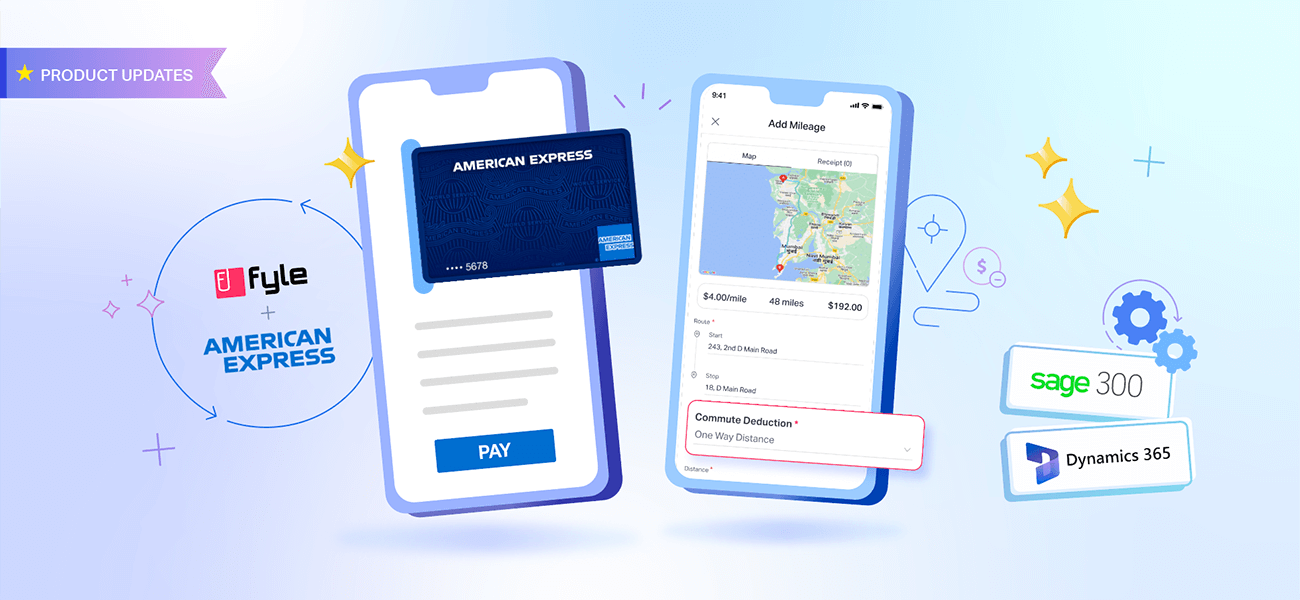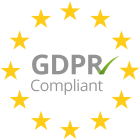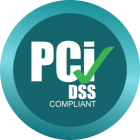A research conducted by Aberdeen Group revealed that when an ERP was integrated with a suitable T&E expense management software, there was
“33% decrease in cost related to expense-processing, a 34% increase in the rate of compliance of travel policies, and 35% faster reimbursement.”
Are you receiving the same result? Or has your ERP system slowed down your operational activities?
Here, we will look at ERP expense management and the role it plays within your business. Additionally, we will look at some indications that suggest it's time for your company to consider changing your ERP system.
ERP and its role
A streamlined approach is an integral part of achieving your business goals. A well-defined workflow ultimately helps your employees to be more efficient. It saves time, resources, creates better communication, and eliminates bottlenecks. Most companies aim to achieve this smoothness in their daily activities by implementing different methods and systems.
Your business can have a streamlined process by having a centralized body. ERP (Enterprise Resource Planning) helps an organization to achieve that. It guides and eases collaboration between sales, marketing, human resource, accounting, finance, and customer support team. It is a business process management software that uses an integrated system application to manage all aspects of business development.
Signs that your ERP expense management system is outdated
In today’s digitally driven world, an ERP software is like the central nervous system for many companies. It helps companies keep pace with the competitive marketplace.
But the sad truth is that some companies are still clinging to their outdated IT infrastructure. Most companies are hesitant to move to a more robust ERP system due to a myriad of reasons. But in doing so, they may be causing more harm than good. Let us look into some of the reasons which can indicate that your ERP system is outdated.
It is crunching up your budget
Usually, companies may decide to put off upgrading their ERP system to save costs. But in today’s world, companies must keep up with the changing trends. According to findings by Forrester, half of the outdated ERP customers still use software that is two versions behind. This could account for as much as four years of hanging on to old software.
Pro-tip:
The older the version of your ERP, the more it’ll need fixes and maintenance. This could probably cost you additional unaccounted budgeting.
Operations are slowing down
Modern companies aim to enhance productivity and increase business output. But having an old IT infrastructure could potentially be a hurdle in achieving that. If your operations are getting slowed down due to inefficient software, you probably need an upgrade.
You have outgrown your current framework abilities
A company may probably outgrow its old ERP software demanding for a more suitable framework. A growing company requires software that will keep up with its growth and scalability. If you are often reaching out for a system outside your current ERP, it may be an indication that you need a modern solution.
What switching to a modern ERP could mean for your business?
ERP has gained increasing traction among enterprises for various viable reasons. When integrated successfully, it can decrease operational costs and increase productivity and efficiency.
Let us discuss in detail what an effective ERP can do for your business.
Promote collaboration and compliance
An ERP system breaks the barrier between different departments and links them. In an ERP environment, teams can operate and easily collaborate. This reduces friction and blockers. It also helps identify and tackle situations in an objective manner. Whether employees are working remotely or not, they can connect and update teams at the office locations. This makes the reporting experience a seamless one.
Data can also be collected easily for timely execution. For example, in an ERP expense management software, you don’t have to wait for the bulk of expense records to be received at the last minute. Employees can submit expense reports in real-time using one system. Additionally, the system can be easily accessed by the finance departments.
It also eliminates repetitive tasks so that the entire team can focus on core deliverables. Thus, automation of monotonous routine tasks help increase collaboration and compliance among teams.
Increase data security and comply with industry regulations
An ERP system pulls everything into one place. This means you can focus on one system rather than huddling over many. Additionally, you can not only monitor all the activities with ease but also detect and investigate unusual activities before it's too late.
Having a centralized warehouse also means concentrated security. ERP solutions come with firewalls and restriction limits, which can save you from data breaches. Additionally, the admin is provided with the flexibility to limit and lock sensitive data. They can do this without restricting other required information to specific users.
With an ERP solution, the admin can terminate the access of employees who are no longer with the company. Likewise, newly joined employees can be given access, as well. The built-in feature in the regulatory process can also increase compliance. For example, the finance team can implement policy in regards to IRS expense regulation. This means the company can stay on good terms with legal authorities while meeting its business requirements.
Make accurate business forecasts
Forecasts help companies to come up with strategic solutions to mitigate risks. For this, companies need to have accurate insight into what the numbers have to say. When you have access to a centralized pool of data, data from disparate sources is standardized. This furthermore enhances the integrity of the information.
Key stakeholders make business forecasts to predict particular outcomes for particular events. While the right prediction can get you on the map, the incorrect ones have dire consequences. Inaccurate business predictions can critically affect the growth and scale of a company.
An ERP solution uses filters and analytics to sift through any inconsistencies. Data can also be updated, so there is no duplication of data. Additionally, with the power of advanced ERP software, companies can dig deeper into big data. This helps businesses actively leverage data to gain insights and a competitive edge.
Increase flexibility, reduce cost
An ERP expense management software can offer you with operational flexibility. You can easily integrate existing apps or export data for a more streamlined workflow. Most ERP softwares are also available in a mobile application form, which means it can be easily accessed more often.
An ERP expense management system closely monitors the fundamental matrices. Any breakdowns or delays in operation can be identified and handled on time. Additionally, ERP service providers also offer regular updates, patches, and process troubleshooting, which can help you cut down on maintenance.
In conclusion
We understand ERP expense management softwares play a central in maintaining functional business operations. But clinging on to old ways could potentially prevent your business from achieving growth. Additionally, hidden costs can affect you over time.
In today’s world, cloud ERP has become the most sought-after approach for streamlining business expenses. Here are some reasons why:
- It provides easy access and flexibility, along with seamless integrations.
- With effortless collaboration among your team and employees, it can eliminate unnecessary back and forths.
- It helps build a harmonious work environment.
- Leverage insights from expense reports for a healthier decision making process.
- You can minimize the potential risk of losing data.
Fyle is a modern ERP expense management software that can help you streamline your T&E expense processes. With us, communications and connections become seamless between the finance team and employees. We also offer meaningful insights into your business expenses, employee spending patterns and trends, and advanced finance analytics.
Are you interested in giving it a whirl? Schedule a demo and try us out for yourself!











